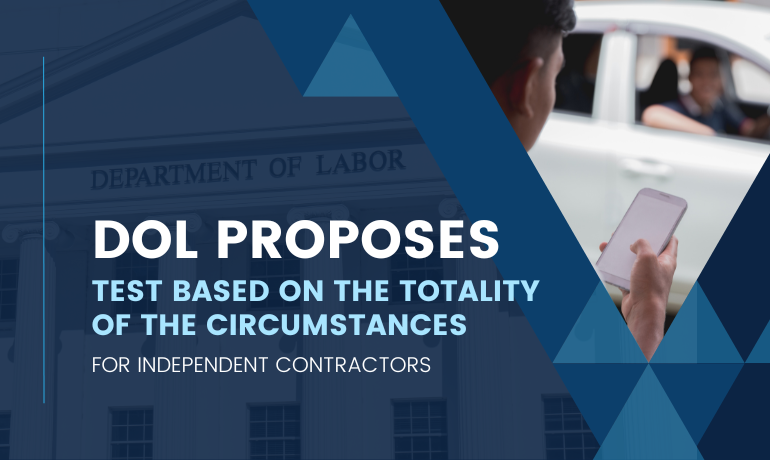MYTH: All criminal records are stored in a large, centralized database.
Many people think that if you plug someone’s social security number into a database, that it spits out a report of every record associated with that person, but this is a common misconception. While there are databases that assist us with background checks, all records are stored at the courthouse in the county where the incident occurred, and every record we find is verified with the individual courthouses.
MYTH: Criminal records are stored by Social Security number.
Court records are stored by name and date of birth. The reason we ask for volunteers’ and employees’ Social Security numbers is to run a trace to verify the person’s identity and find alias names.
MYTH: You can run a background check on anyone at any time.
In order to run a background check, the person must first complete a background check authorization form giving you permission to do so. You also must have a permissible purpose to run the background check. For our purposes, this typically means it must be for employment, volunteer or tenancy purposes.
MYTH: I just need to run a criminal search on my employees and/or volunteers.
If someone is going to be in an important role at your company or organization, a more in-depth background check should be conducted. If he or she will be making important decisions or handling finances, we would suggest additional searches, like a multi-county criminal check, a credit report and a civil court search. We can also run credential checks, such as employment and education verification’s, on your behalf to ensure the person is fully qualified for the position.
MYTH: If someone has a criminal past, we should refuse to hire him or her.
More and more states and localities are ratifying legislation that pushes for individual assessment. This means that you should look at each candidate’s records on a case-by-case basis. Often times, this legislation applies to volunteers as well as employees. You should consider if the criminal record affects the volunteer or employee’s position within your company or organization. For example, a DUI from three years ago would likely not affect the position of a data entry clerk.
Of course, ultimately the criteria are up to each individual company or organization. We always suggest that you check with your legal counsel on how local and state legislation could affect your hiring and volunteer on-boarding practices.
MYTH: Fingerprinting is the best, most in-depth background check available.
Fingerprinting is typically only done when required by law. Most of our clients who are required to fingerprint their employees or volunteers still have us complete a traditional background check, which we always suggest. Fingerprinting is expensive and relies on local, state and federal agencies to report criminal records to databases that may or may not always be up to date.
A traditional background check is completed by an unbiased, third party, like True Hire. Depending on what package you choose, we check for records at the county courthouses, and, no matter what, if we find a criminal record, it’s verified at the county level to make sure it is accurate and matches your employee or volunteer.
To learn more about True Hire, schedule a call or email us at [email protected]




